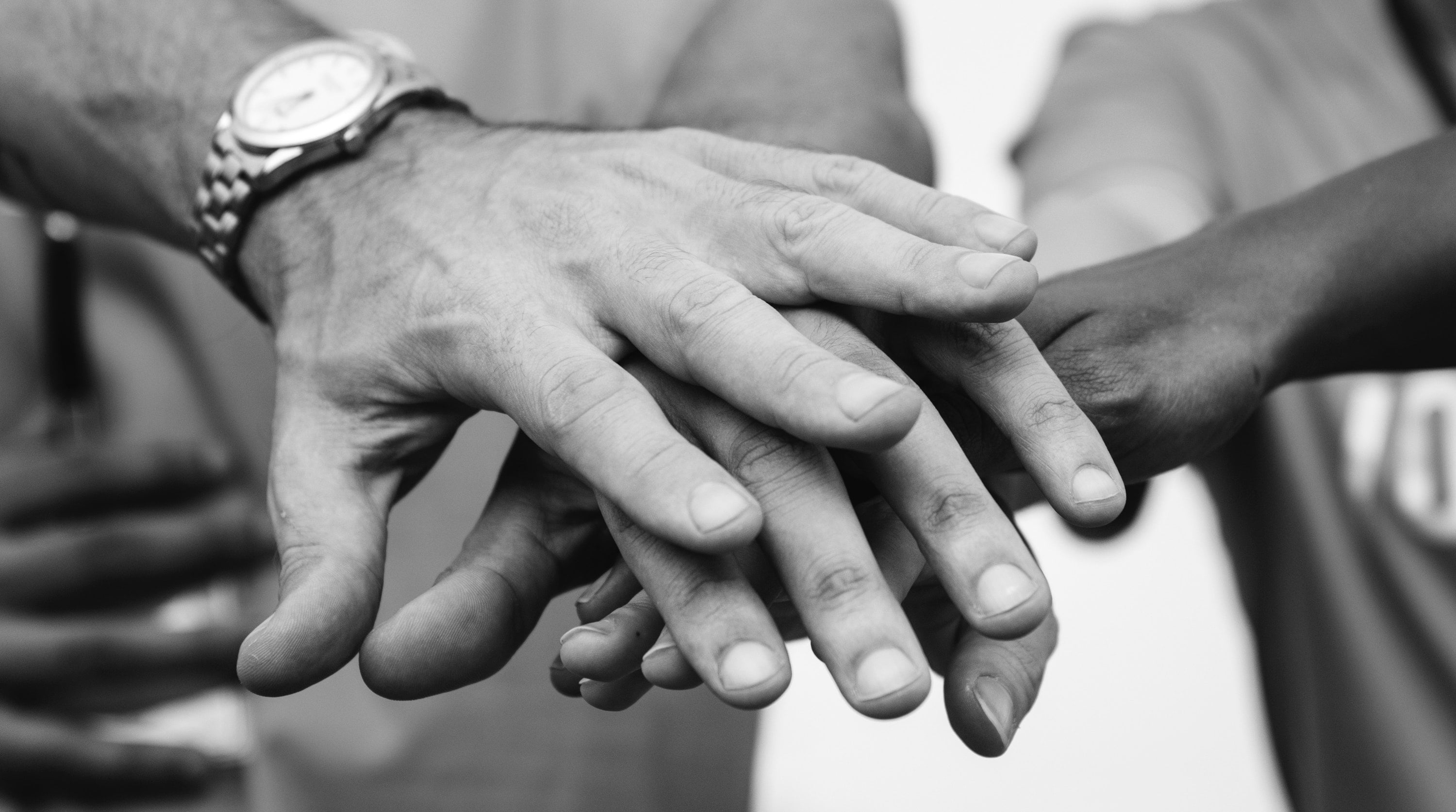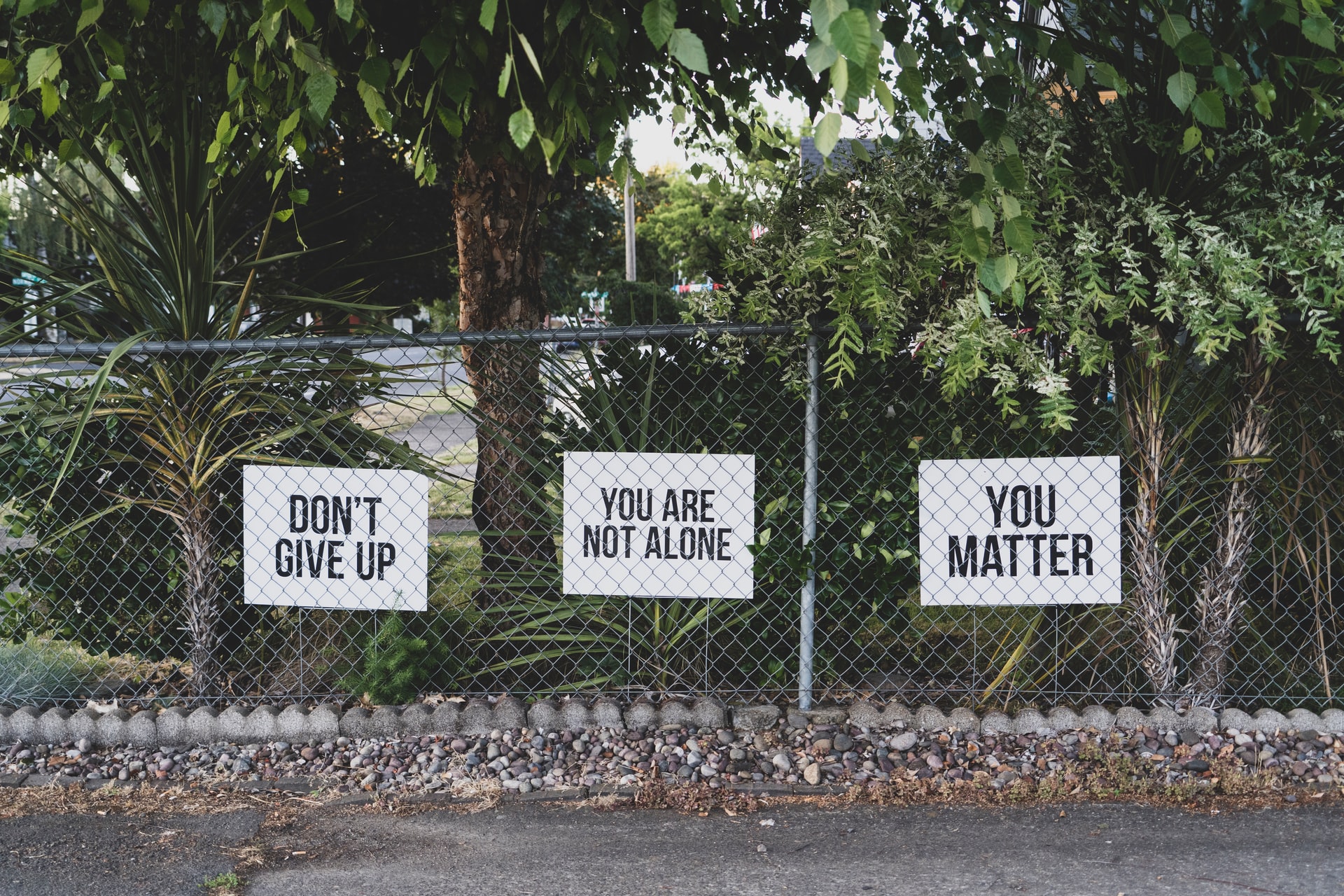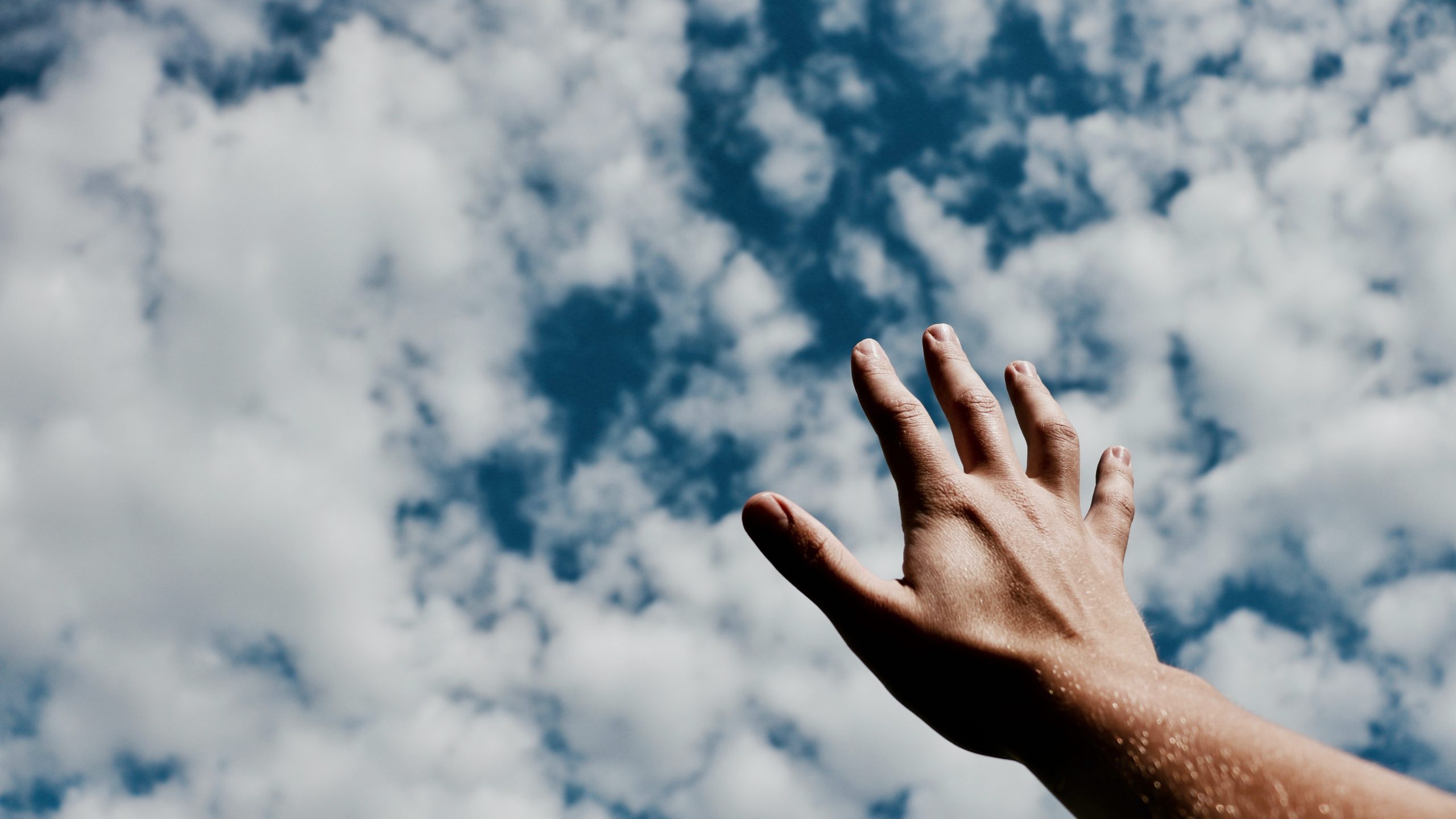Being alone, the origins of loneliness and what we can do to combat loneliness.
After weeks of isolation many people are feeling lonely…
The global crisis has meant that all of us have had to face new experiences. Social distancing has been for some a new experience but for others it has been a continuation of a life experience they know well. But does this mean that all who have been living alone are lonely? What we do know is that loneliness is a subjective experience and is not just about physical distance, but about feeling forgotten, abandoned and an emotional disconnect. Perhaps having a greater understanding of why we experience aloneness differently, can help us know ourselves and others better, as well as think about what we could do to ease the pain it evokes for those who are struggling with loneliness.

“I’ll never attain any degree of freedom till I’ve learnt to disagree with people—to stand alone—to face up to human loneliness.”
Marion Milner (1927)

Is this a surprising fact – Young People feel the loneliest?
‘40% of 16 to 24-year-olds who took part in the world’s largest loneliness study in 2018 stated they often or very often feel lonely, compared with 27% of over 75s’.
‘40% of 16 to 24-year-olds who took part in the world’s largest loneliness study in 2018 stated they often or very often feel lonely, compared with 27% of over 75s’.
You can read the full report here
I think many of us associate loneliness with those who are older, but it is clear from this study that it is a factor that is present in many people’s lives.
The origins of loneliness:
Why is it that some people never experience the emotion of loneliness, while others feel excruciating anxiety in solitude? What is it that predisposes us as individuals towards either tendency?
Feeling alone can make us feel vulnerable, but it can also be a necessary retreat for reflection and creativity. Having the capacity to be alone begins in our childhood by the consistent, repeated presence of being with another person, who cares; whoever that may be. If as a child we are able to ‘take in’ an experience of being thought about and cared for by another person we get a sense of feeling, that although at times that other person may not be present, we somehow know that we will ‘carry on being’, because we are being ‘held in mind’ by the ‘other’, who continues to care about us and love us even when they are absent. If we have had this experience when we are young it protects our psyche at times of solitude throughout life.
For some people they have not had the experience of feeling loved and ‘held in mind’ so that when they are alone during life, they feel abandoned and unsafe and this can create terrifying states of loneliness.
Is it possible then, for times when we are alone, to be transformed into a resource for reflection, rest and creativity rather than something that feels frightening? Can we find solace in solitude? To be able to do this it may be necessary for some of us to discover that we can be cared for, that we are worthy of being ‘held in mind’ and that we are loveable so that we can feel safe, even when not in the presence of others.
How could we combat feeling lonely?
- Having compassion for yourself is important. We can be our own worse critics and harshly judge ourselves. It is very easy to slip into thinking that we are feeling lonely because others don’t want to connect with us. More often it is because others may see us as not wanting or needing connection. How we feel and how others see or perceive us can be very different. Sometimes we learn to find ways to present ourselves, to protect our vulnerability, so that others think we are coping and do not reach out to us. Letting others know that you are feeling alone and/or would welcome being in contact, can be a first step to acknowledging those painful feelings to yourself and also lets others know that all may not be as well as it may seem, and that you value contact with them. This may feel safer with someone you do not know at first, such as speaking to someone at the Samaritans or other helplines such as through your local Covid – 19 Mutual Aid Group, and as you feel more confident this may lead on to connecting with people you already know. Being honest and open with others can be a start and remember, there are many others out there who are feeling equally alone and want to connect.
Although currently joining groups and/or activities with like-minded people who share similar interests may be difficult, there are online forums that you could access and this can be a way to make new connections, which may in turn develop into friendships.
- When we are feeling lonely it can lead to us devaluing things around us and we can loose the capacity and motivation to do the things, that have in the past, given us a sense of purpose or just given us a different focus. Even when it feels an effort, a change of scene, going for a walk, can make a difference. We are all limited in what we can do at the moment so it is easy to feel defeated quickly, but challenging ourselves to try something new can build confidence. Joining your local Covid- 19 Mutual Aid Group maybe a way of connecting to those who live in your locality. There are good things coming out our current situation, and one of those is a developing sense of community, so now is a good time to contact neighbours, whether you are struggling or not.
- Sometimes getting the help you need to stay feeling connected is possible through current relationships and friendships but at times when the fear and feelings run deep building a relationship with a therapist may enable this capacity to develop. RCS can provide the opportunity to manage the feelings of loss, isolation, and abandonment in a therapeutic relationship so life going forward is less likely to engender the extreme and desperate feelings associated with loneliness.


Recent Comments